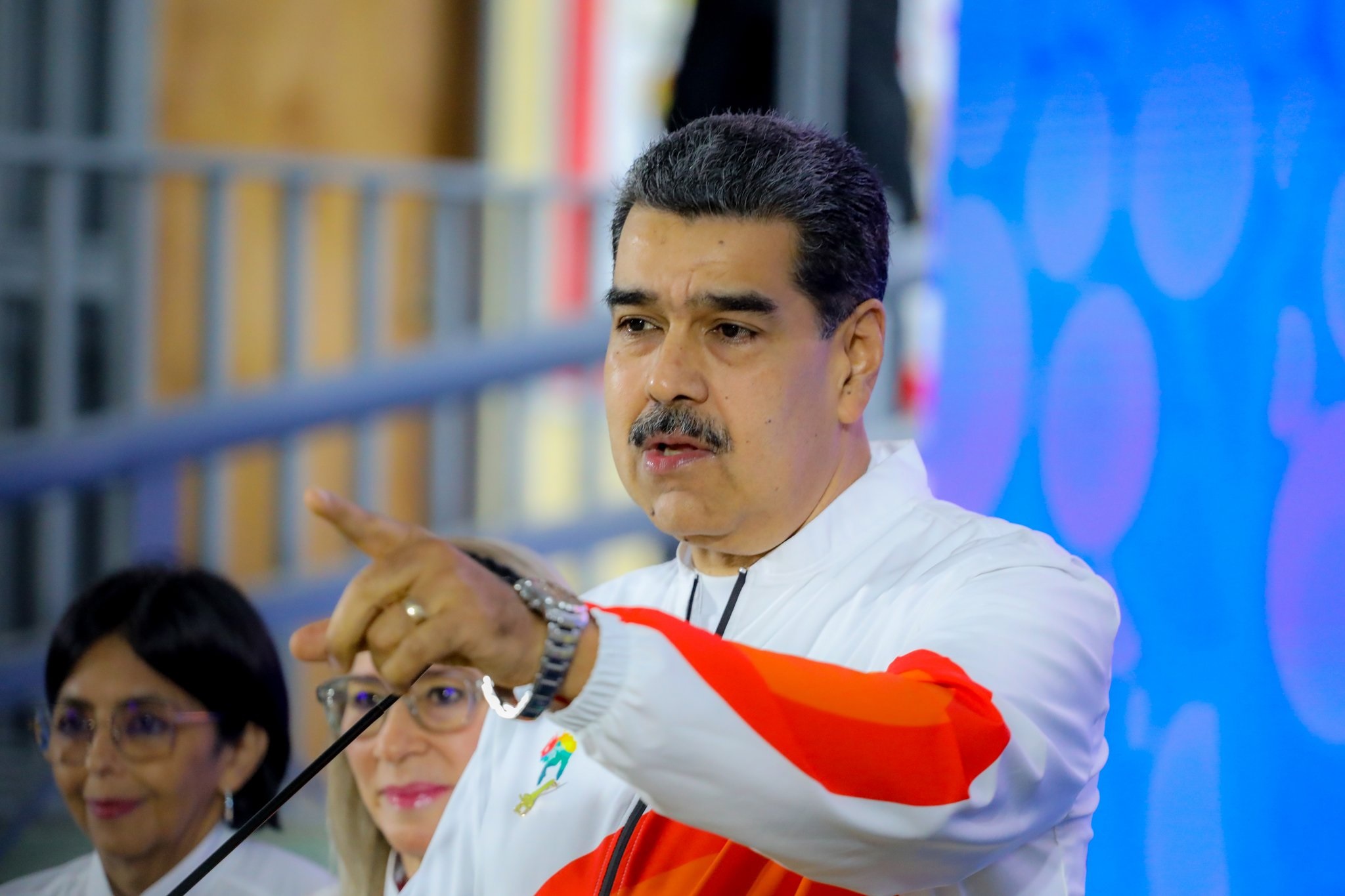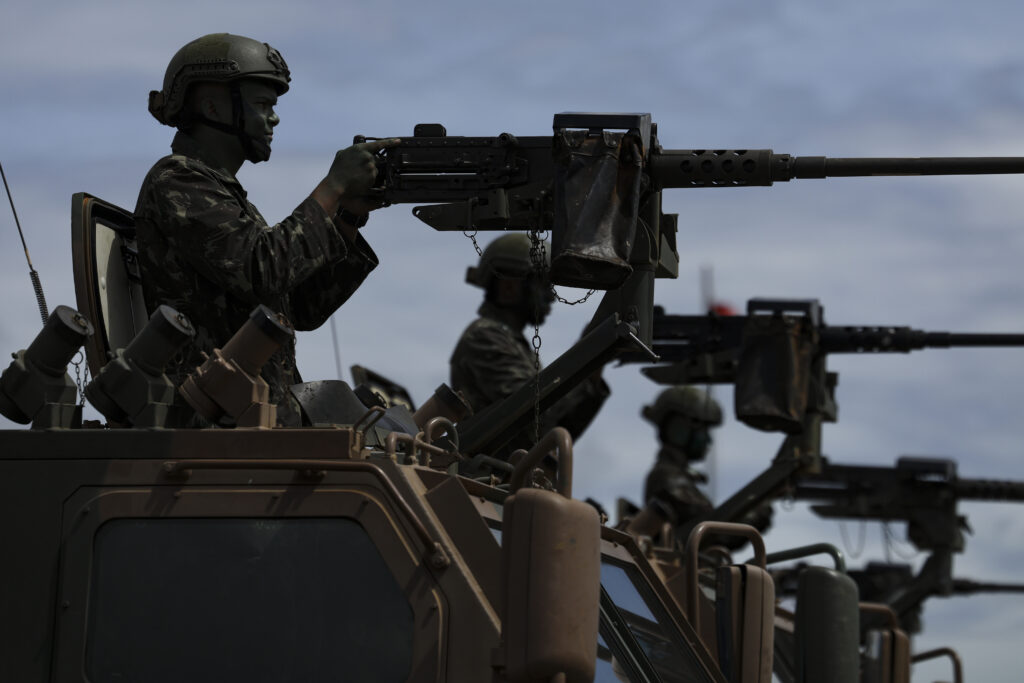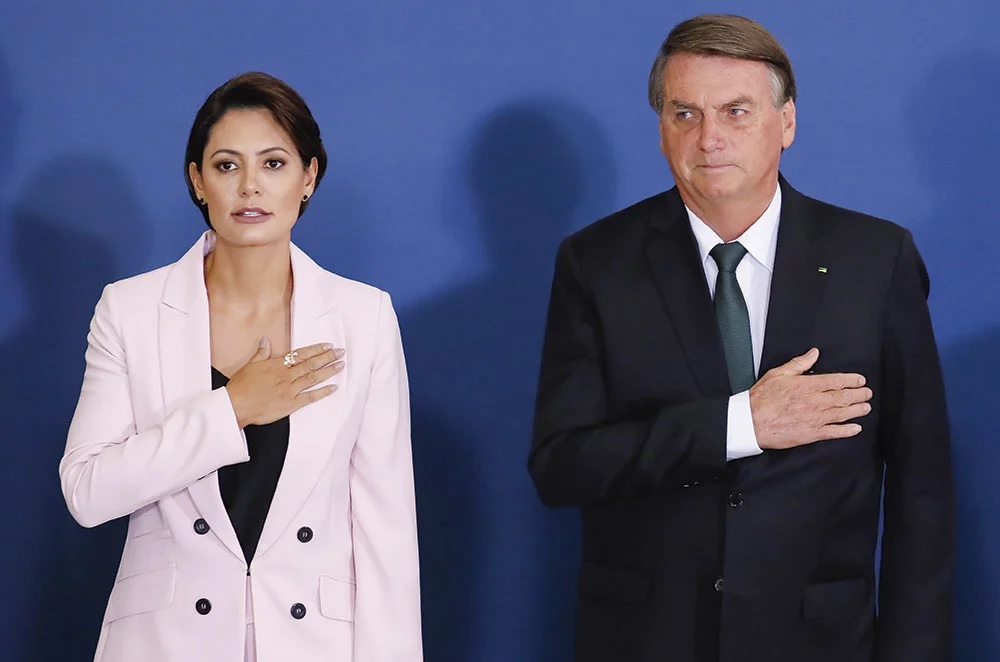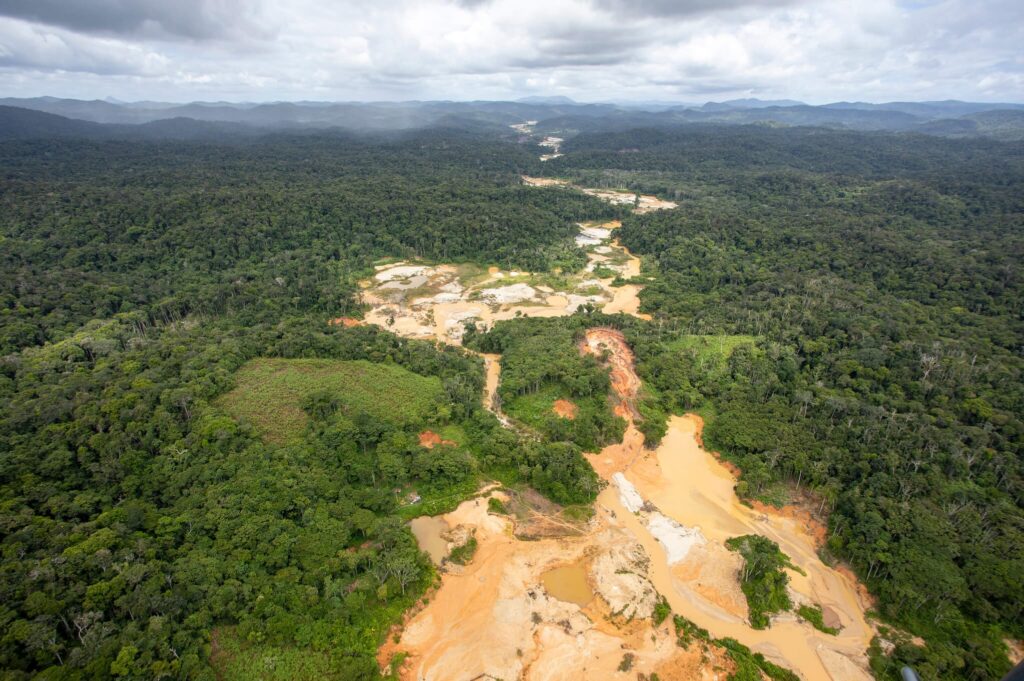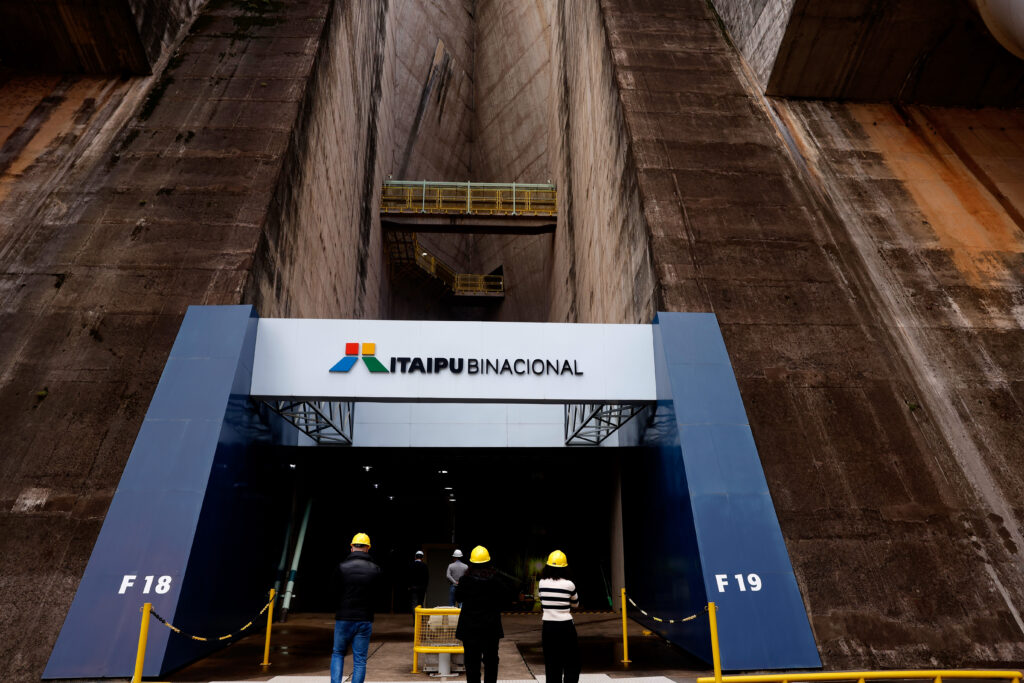São Paulo, Brazil – Brazil’s government is apprehensively monitoring the rising tensions between Guyana and Venezuela, after the latter voted to claim sovereignty over a mineral-rich tract of land it argues was stolen over a century ago.
The region, Essequibo, has belonged to Guyana since the country became independent from the United Kingdom in 1966, but Venezuela still claims ownership, while the Guyanese argue Venezuela’s stance is a step toward annexation of their territory.
On Sunday, Venezuelans approved, in a referendum called by the government, the transformation of Essequibo into a state in the country. Data from the Venezuelan National Electoral Council indicate that 10.5 million voters participated in the vote and 95.93% of them agreed to incorporate the Guyanese territory into Venezuela, which in addition to annexing the territory, would grant Venezuelan citizenship to the more than 120 Guyanese who live in the area.
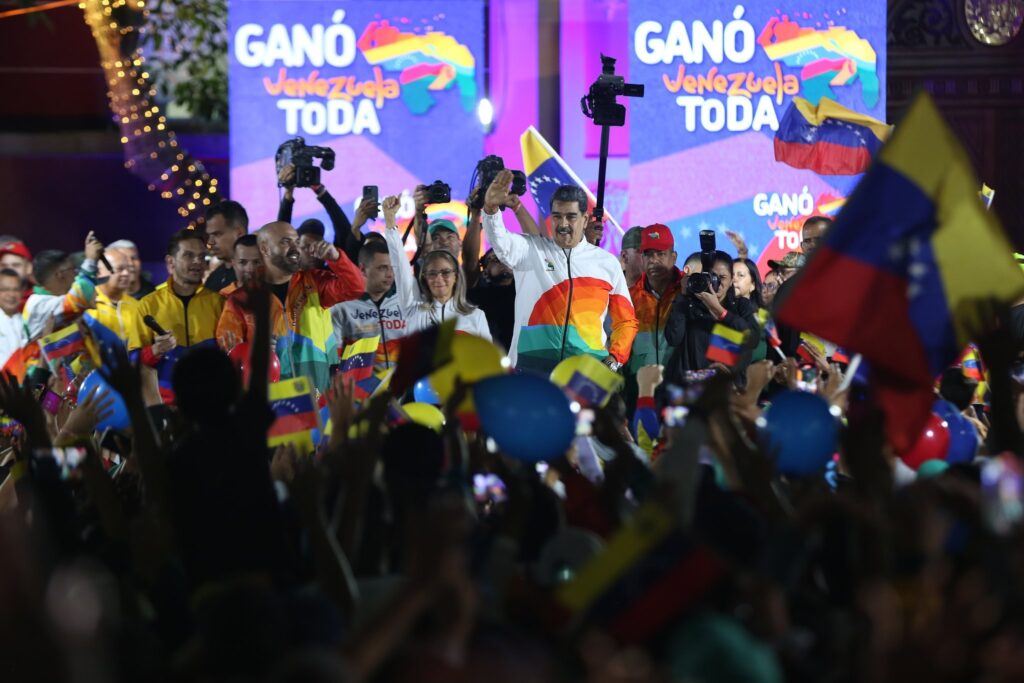
On his social media, President Nicolás Maduro wrote about the result of the referendum.
“Long live the Victory of all the People in a historic Consultative Referendum that has put Venezuela on its feet. We have taken the first steps of a new historical stage to fight for our Guayana Esequiba, for Peace and to recover what the liberators left us. The people spoke loud and clear!”
In a speech on Sunday, Guyana’s President Mohamed Irfaan Ali, said that he has international support, that Guyanese should not fear the result of the referendum, and promised to increase vigilance in the region.
“We are working against the clock to ensure that our borders are kept intact and that the people of our country remain safe,” he said.
Although so far no acts of hostility have taken place between the countries, Brazil has decided to reinforce the security of its borders by increasing the Army’s presence in the area. On Monday, 20 armored vehicles were sent to the city of Pacaraima, where 130 Army soldiers are patrolling the border with Venezuela.
Trying to strike a balance between the two countries, Brazil’s Secretary for Latin America and the Caribbean from the Ministry of Foreign Affairs, Ambassador Gisela Padovan, said on Monday that holding the referendum was an internal matter for Venezuela, that Brazil maintains a high-level dialog with both countries and hopes for a peaceful solution to the situation.
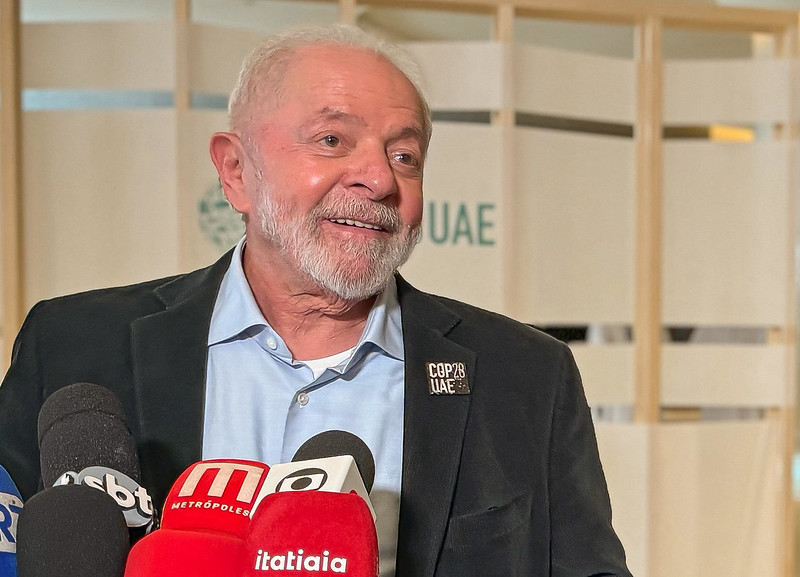
During his trip to the United Arab Emirates for COP 28, President Luiz Inácio Lula da Silva was emphatic in saying that South America doesn’t need confusion at the moment and called for common sense from the leaders involved in the crisis.
“Humanity should be afraid of war because it only goes to war when common sense is lacking when the power of words has been exhausted by the weakness of the conversationalists. A conversation is more worthwhile than a war. So I hope that good will prevail on the side of Venezuela and Guyana,” he said.
Essequibo represents around 70% of Guyana’s total territory and is rich in minerals, and precious stones. A few years ago, large oil reserves were discovered in the area, which are already being exploited by the country in partnership with foreign companies, such as ExxonMobil.
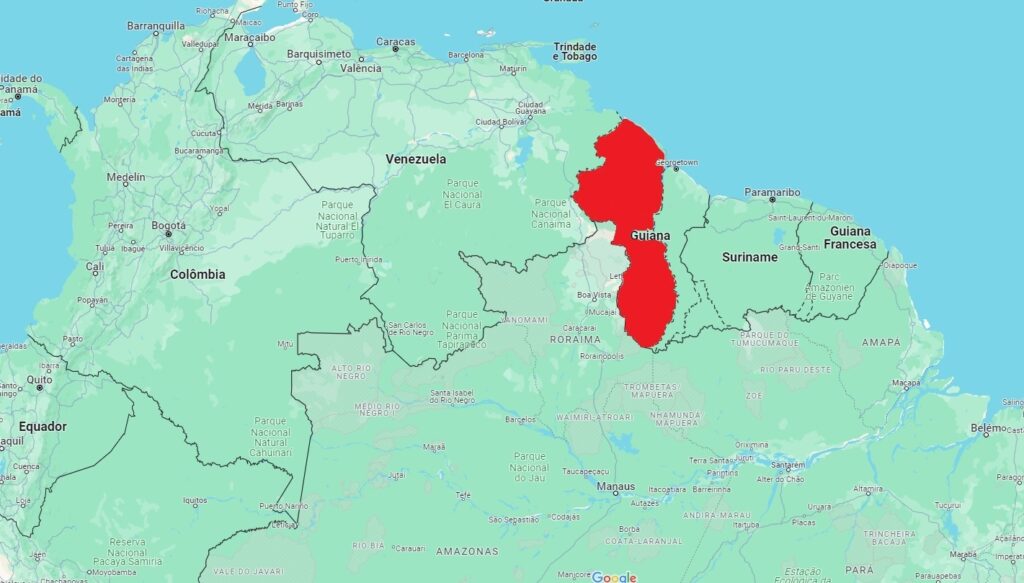
Essequibo Territory highlighted in red (Google Maps)


